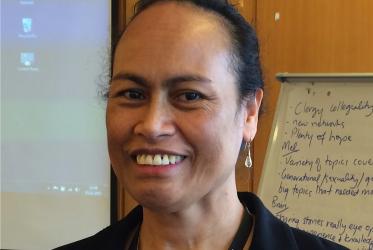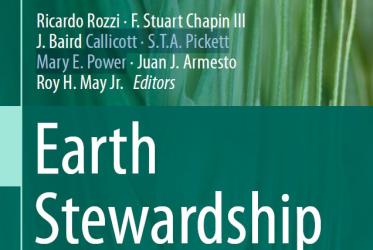Displaying 161 - 180 of 215
United Nations High Level Meeting on AIDS
06 May 2016
International affairs facilitator reflects on pilgrimage
31 March 2016
"I hit the ground running": Katalina Tahaafe-Williams
16 February 2016
Symposium focuses on religion, violence, extremism
04 February 2016
Church challenge: Welcoming "strangers" in a climate of fear
18 November 2015
Faith communities urge U.S. to resettle more Syrian refugees
14 September 2015
Inspirations for Earth Stewardship
12 August 2015










